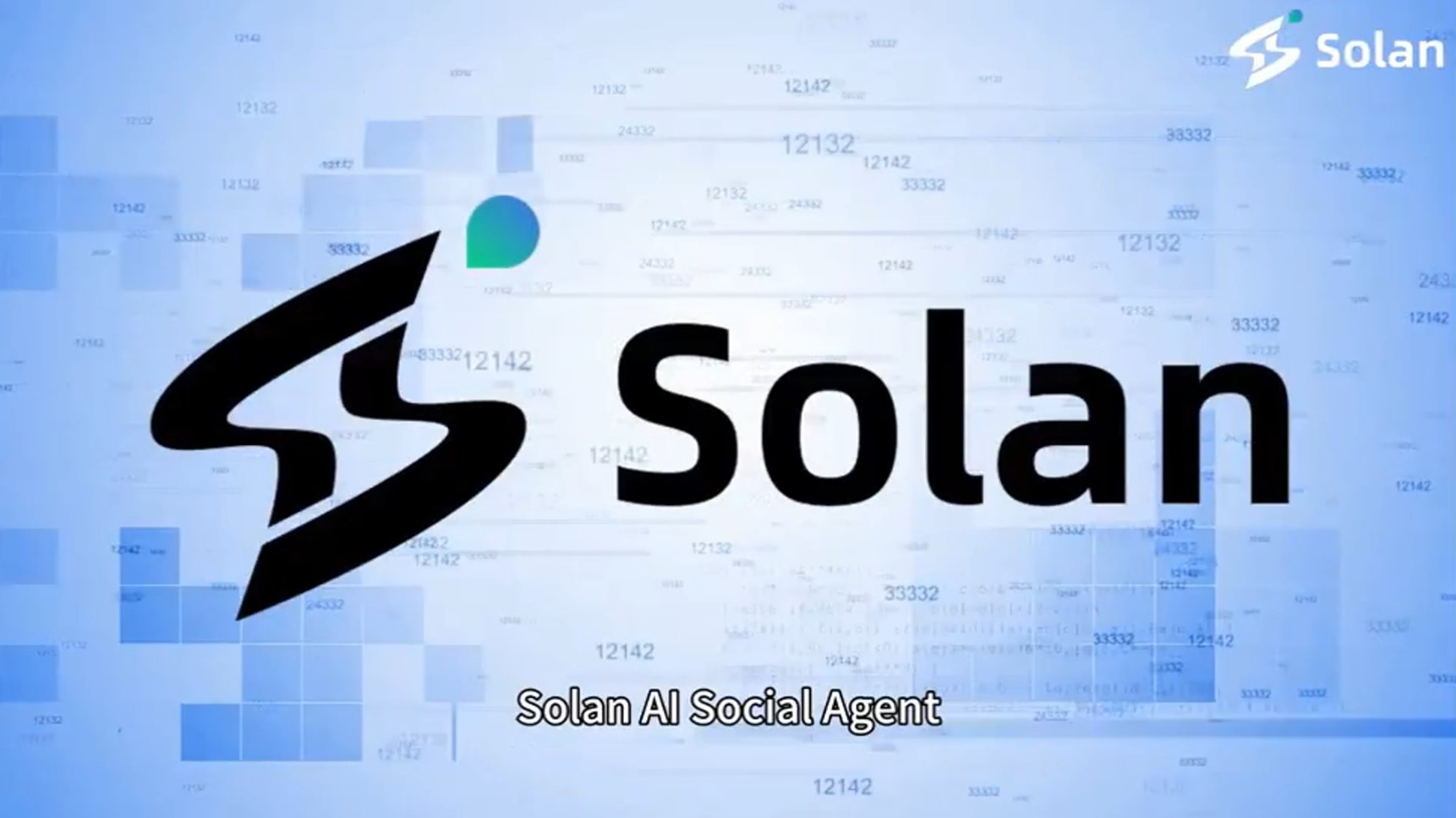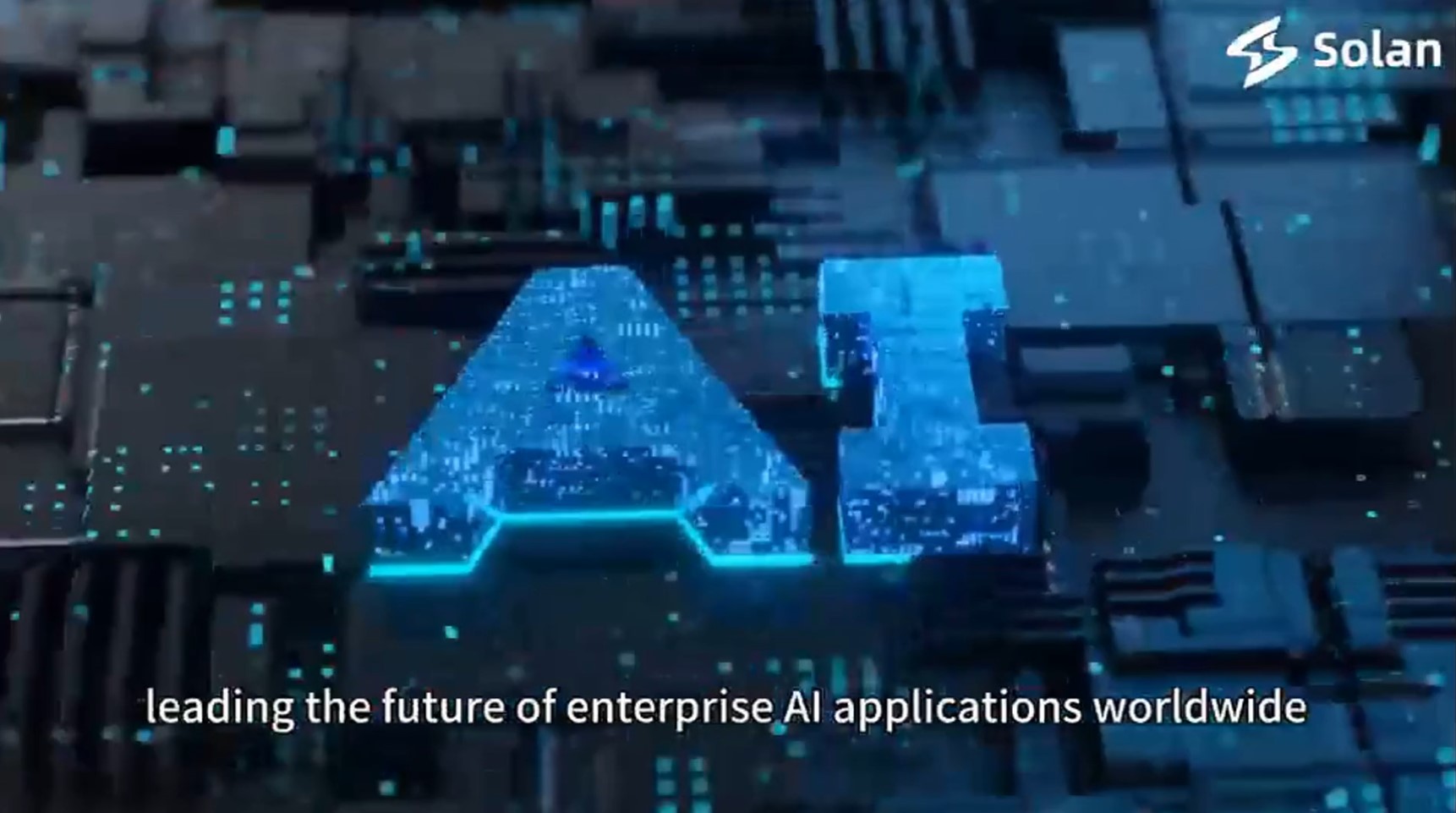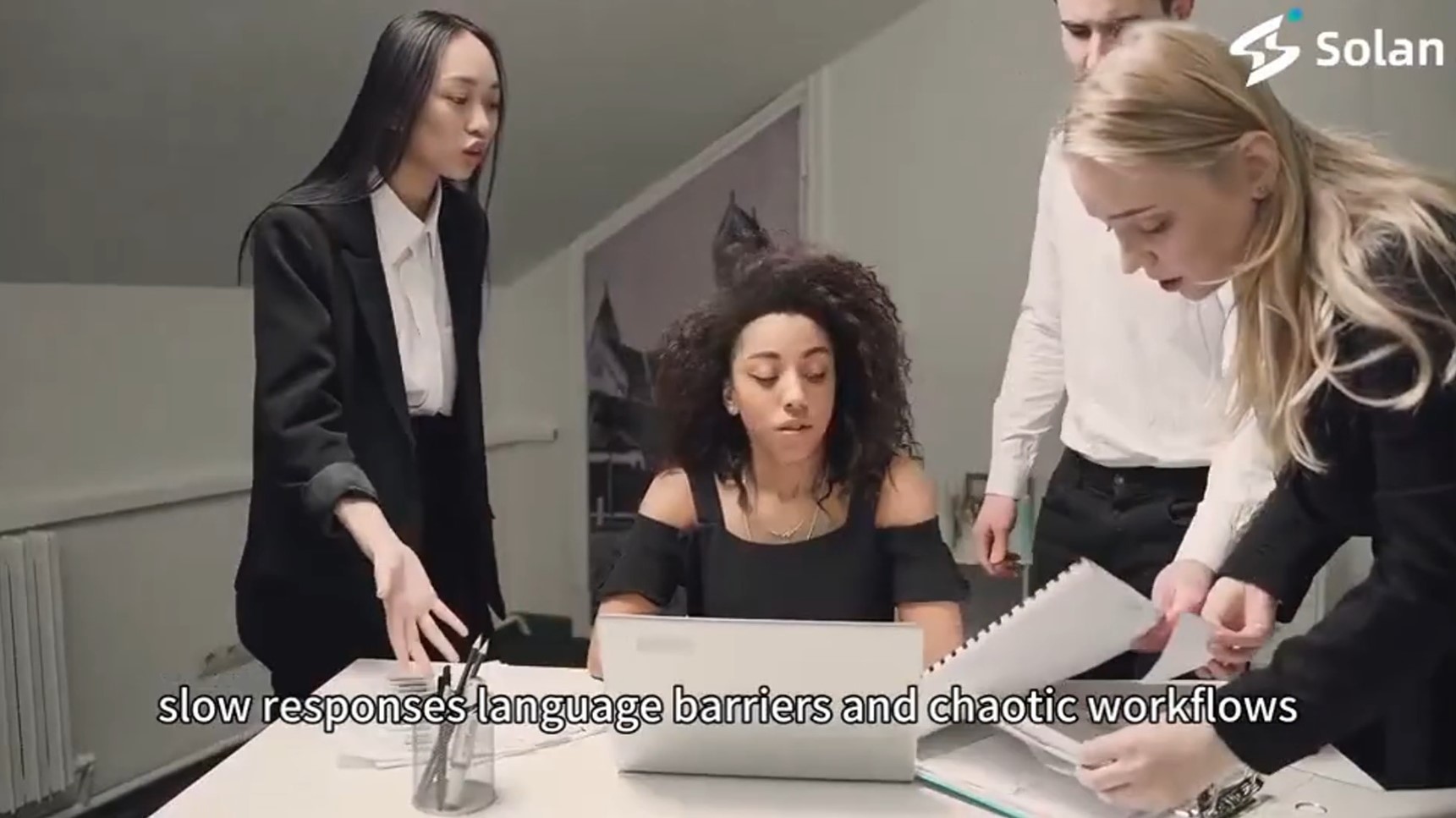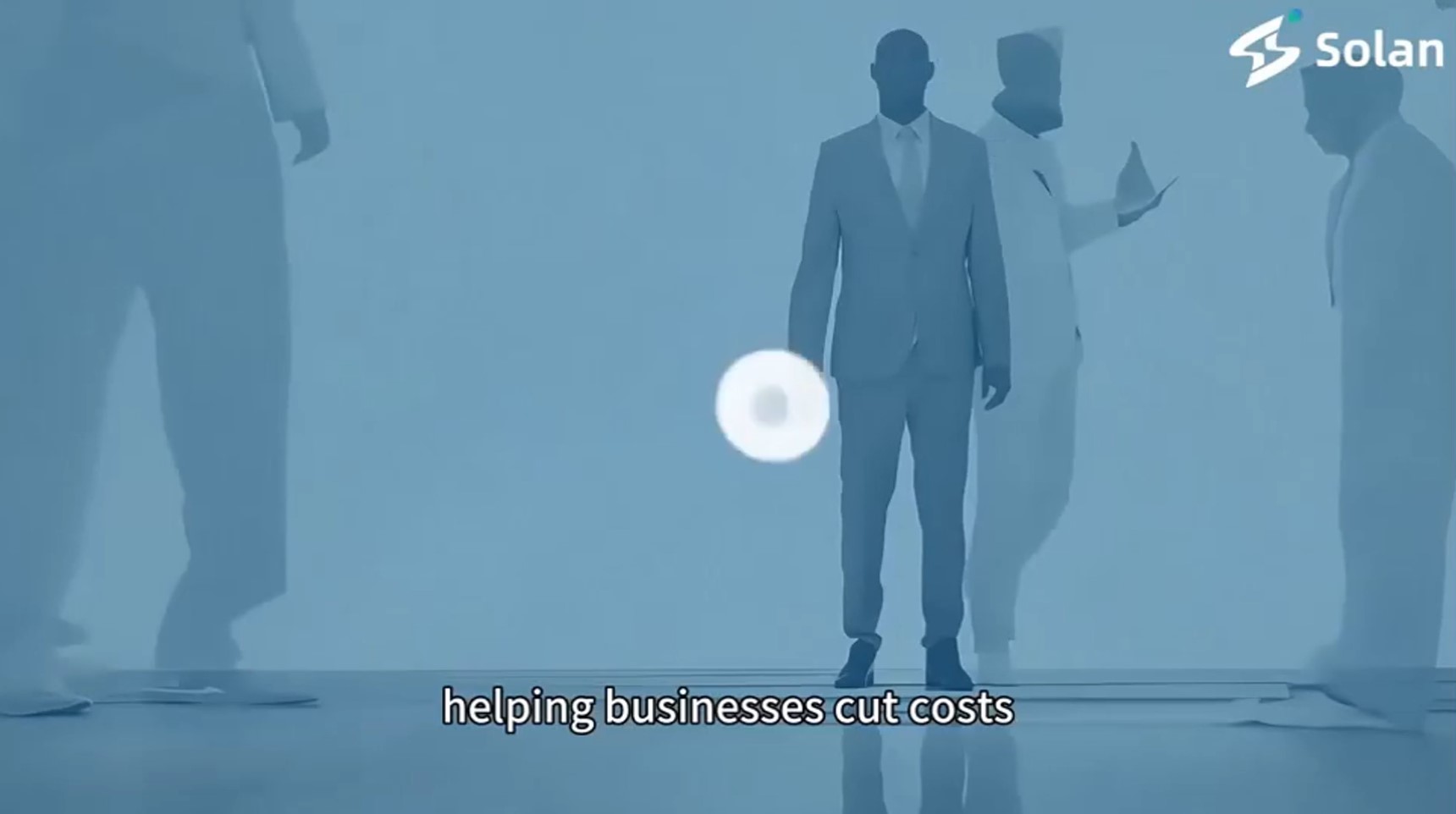 UN Photo/Mark Garten UN Secretary-General Antonio Guterres speaking at a press conference ahead of the General Assembly high-level week.
UN Photo/Mark Garten UN Secretary-General Antonio Guterres speaking at a press conference ahead of the General Assembly high-level week.
Countries must use a once-in-a-generation UN summit to address current and emerging global challenges and reform outdated international institutions, Secretary-General António Guterres said on Wednesday in New York.
Mr. Guterres was speaking as negotiations for the Summit of the Future, which opens at UN Headquarters on Sunday, enter the final stretch.
“I have one overriding message today: an appeal to Member States for a spirit of compromise. Show the world what we can do, when we work together,” he said.
‘An essential first step’
The two-day Summit of the Future is “an essential first step towards making global institutions more legitimate, effective, and fit for the world of today and tomorrow,” Mr. Guterres told journalists.
“We can’t create a future fit for our grandchildren with systems built for our grandparents,” he said, stressing that the Summit “cannot fail”.
He said work already done in the lead-up reveals “potential breakthroughs on a number of important fronts”.
This includes “the strongest language on Security Council reform in a generation – and the most concrete step towards Council enlargement since 1963”, the first-ever governance measures for Artificial Intelligence (AI) and other technologies, and advancements in reforming the international financial architecture.
Other items cover financing for the Sustainable Development Goals (SDGs) and commitment to advance an SDG Stimulus plan to boost support to developing countries.
“It would be tragic if all of these would be lost,” he warned.
Challenges, crises and conflict
Mr. Guterres said the Summit is “so critical” because “international challenges are moving faster than our ability to solve them.”
He pointed to “out-of-control geo-political divisions and runaway conflicts – not least in Ukraine, Gaza, Sudan and beyond,” in addition to “runaway” climate change, inequalities and debt, and the development of AI and other technologies that lack guidance or guardrails.
“Crises are interacting and feeding off each other – for example, as digital technologies spread climate disinformation that deepens distrust and fuels polarization,” he said.
Soundcloud
Reform multilateral institutions
Meanwhile, multilateral institutions “born in a bygone era for a bygone world” simply cannot keep up.
Mr. Guterres said so many of the challenges the world is facing today were not on the radar 80 years ago when these institutions were created.
“Our founders understood that times would change,” he said. “They understood that the values that underpin our global institutions are timeless – but the institutions themselves cannot be frozen in time.”
An ever-changing world
He said the peacebuilders back then could not have predicted the changes that have occurred over the past eight decades.
During this time, the world has witnessed independence movements, the economic and geopolitical rise of many developing countries, catastrophic climate consequences, and space exploration, as well as the development of the Internet, smartphones and social media, which are all boosted by AI.
“Like our founders, we cannot know precisely what the future holds,” he acknowledged.
“But we don’t need a crystal ball to see that 21st century challenges require problem-solving mechanisms that are more effective, networked and inclusive; that serious power imbalances in global institutions must be adjusted and updated; and that our institutions must draw on the expertise and representation of all of humanity.”
Although change will not happen overnight, “it can start today,” he insisted.
Finish the job
Member States attending the Summit are expected to adopt a Pact for the Future, with a Global Digital Compact and Declaration on Future Generations annexed to it.
Mr. Guterres expressed hope that they will “do everything possible” to get these documents “over the finish line”.
World leaders to attend
More than 130 Heads of State and Government are scheduled to attend the Summit of the Future, which is taking place from 22-23 September - just ahead of the annual debate in the UN General Assembly.
The Summit will be preceded by two “action days” where non-governmental organizations (NGOs), academics and private sector representatives will engage on the main themes.
Reporters asked the Secretary-General how the Summit and its outcome documents will differ from previous UN gatherings, such as the 2016 SDG Summit, which also ended with the adoption of international declarations and pacts.
Mr. Guterres responded that while the SDG Summit and other events were “about the what”, the Summit of the Future "is about the how”, again underlining the essential need to reform decades-old institutions.













